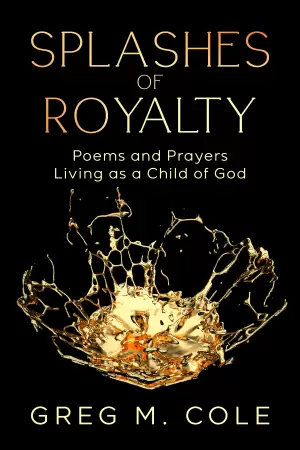Exploring the Timeless and the Tangible: A Review of The Expert of Subtle Revisions by A.W. Menger-Anderson
As a book blogger, I’m often drawn to titles that skew the parameters of reality—so when I stumbled upon The Expert of Subtle Revisions by A.W. Menger-Anderson, I was intrigued. Time travel doesn’t usually work for me; it’s a tangled web that often unravels upon closer inspection. Still, I found myself diving into a narrative that plays with timelines and, intriguingly, ideas like a master conductor orchestrating a complex symphony. This book elegantly intertwines the surreal with the palpable, examining the weighty themes of fascism, love, and the oft-ignored narratives of women.
At its heart, the story offers a dual lens: we follow Hase, a modern-day woman in San Francisco, searching for her enigmatic father, juxtaposed against the lives of two men in early 1930s Austria. Anton Moritz, a closeted gay professor of mathematics, grapples with his identity and ambition, while Josef Zedlacher’s deeply flawed character embodies the creeping dread of a rising fascism. The three narratives weave together through Haskell Gaul, a charmingly mysterious gay math genius, whose time-traveling music box straddles the boundaries of love, ambition, and existential despair.
Menger-Anderson’s writing is punchy yet poetic, pulling readers into each character’s psyche while creating a vivid tapestry of historical and emotional landscapes. The romance between Anton and Haskell is beautifully rendered—charged with urgency and the pain of societal constraints. Their love story serves as the emotional fulcrum of the novel, driving the plot forward even as it grapples with the realities of being gay in 1930s Vienna.
However, the narrative choices regarding women left me grappling. The book explicitly addresses the “erasure of women from history,” yet it feels as if those moments get overshadowed by the male narratives. Sure, Hase is the anchor, but she often feels eclipsed amid Anton and Josef’s evolving stories. The character of Fraulein Popovic emerges as a pivotal figure, yet she remains underrecognized even in discussions among readers and critics. I couldn’t help but wonder—does the emphasis on her erasure serve the theme, or does it risk overshadowing Hase’s agency?
Despite these disjointed elements, I found the book compelling. Menger-Anderson’s exploration of history, mathematics, and familial bonds is poignant. The quiet tension surrounding Hase’s journey resonated deeply with me, reminding me that we often navigate our parents’ mysteries and that understanding them can be both terrifying and enlightening. The final chapters left me reflecting on our relationship with technology—are our phones serving us or housing us in a digital prison?
I would recommend The Expert of Subtle Revisions to readers who crave thought-provoking literature enriched with meaty themes and emotional depth. Those who appreciate a blend of historical nuance and speculative elements will find this book a treasure trove to dissect. It’s a rich reading experience—albeit with some rough edges, yet ultimately encouraging us to confront the light within darkness.
In wrapping up my thoughts, this novel is much more than a time-travel story; it invites readers to explore the intertwining paths of personal and historical narratives while shedding light on the often unrecognized voices in our collective past. Happy reading!
Discover more about The Expert of Subtle Revisions on GoodReads >>














